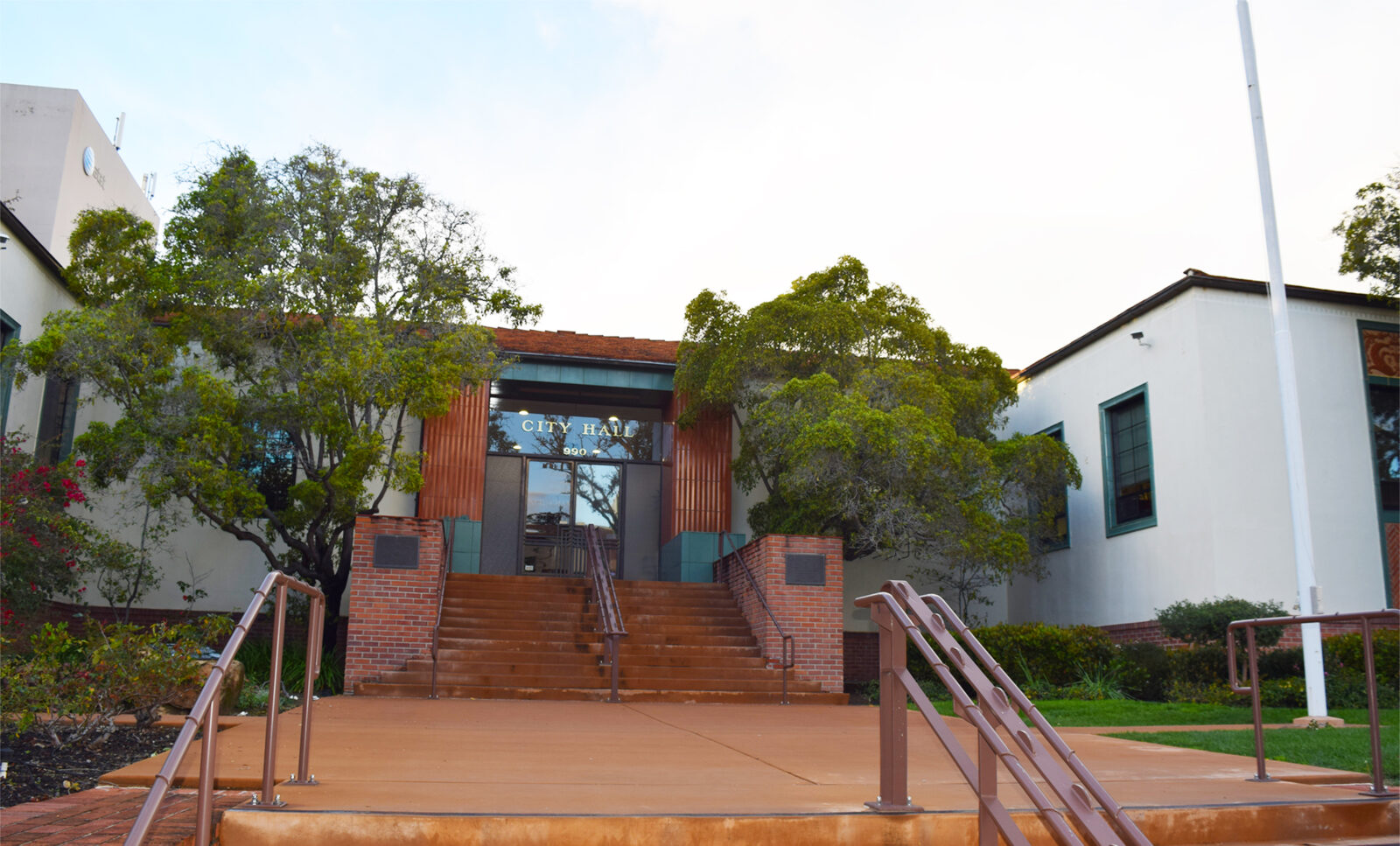New voting system coming to SLO after civil rights complaint

The city is changing its methods of voting in response to allegations that it violated the California Voting Rights Act. The 2001 act requires that voting methods must not make it difficult for a protected class to vote for their preferred candidates.
The allegations were originally lobbied by an organization known as the Southwest Voter Registration Education Project, SVREP. The non-profit organization alleged that Latino people in San Luis Obispo have less voting power than other groups in local elections due to the voting structure.
SVREP filed a lawsuit against the City of San Luis Obispo last year claiming that the city prevents Latino residents from influencing the outcome of city elections. The organization also alleged that Latino people in San Luis Obispo lack adequate access to political processes.
The council addressed the lawsuit at one of its city council meetings.
“When we first got it I was a little bit shocked,” said Mayor Erica A. Stewart. “Especially since we as a city have put a very very high value on goals around DEI and making sure everyone feels that they are welcome and heard in this community.”
Different voting structures can result in different election outcomes even with the same voters. A voting structure is the system that determines how people cast their votes and how those votes decide the winner of an election.
Michael Latner, a political science professor at Cal Poly, provided the council with a chart illustrating how different voting structures affect outcome. When voters can cast multiple votes it results in block voting, where minority groups are less able to elect candidates.
Latner’s analysis explained to the council how the Citywide Single Vote system the SVREP was proposing could better represent minorities in the city.
SLO currently uses an at-large election system. Every election cycle, two city council seats are open, and residents can then vote for two city council candidates. The top two candidates with the most votes win the seats.
The proposed Citywide Single Vote system would instead limit residents to only voting for one candidate and then the two candidates with the most votes will be elected to the two open city council seats.
Chelsea Ruiz, a resident in support of the change, spoke at the Nov. 19 city council meeting.
“I really appreciate the thoughtful and inclusive manner in which [the city attorney] has sought feedback from our local Latine leaders and I just feel that the city’s recommendation to preserve citywide voting is thoughtful and will give our Latine preferred candidates the best chance at not only getting elected but staying elected,” Ruiz said.
Not all residents were in support of the proposal. Former city council member John Ashbaugh spoke against the proposed system saying that it would confuse voters.
“This proposal would have a pernicious and unintended effect of seeing representation on our council shift away from one where the two most qualified most desired candidates are elected,” Ashbaugh said.
After public comment and discussion, the city accepted SVREP’s settlement and agreed to transition to the single vote system in November 2026.
In addition to the change in voting structure, the city also agreed to evaluate how well the new system works. If the system does not result in a preferred Latino candidate being elected, the council said they will consider implementing district-based elections.
“Whatever politics there is we just want everyone to feel a part of the community and heard and and seen,” Vice Mayor Pease said when discussing the change.
The council also decided to commit to voter education outreach and data sharing to track the system’s effectiveness.
As part of the settlement the city will pay $75,000 to SVREP for attorney’s fees.
More information on the transition can be found at slocity.org.

